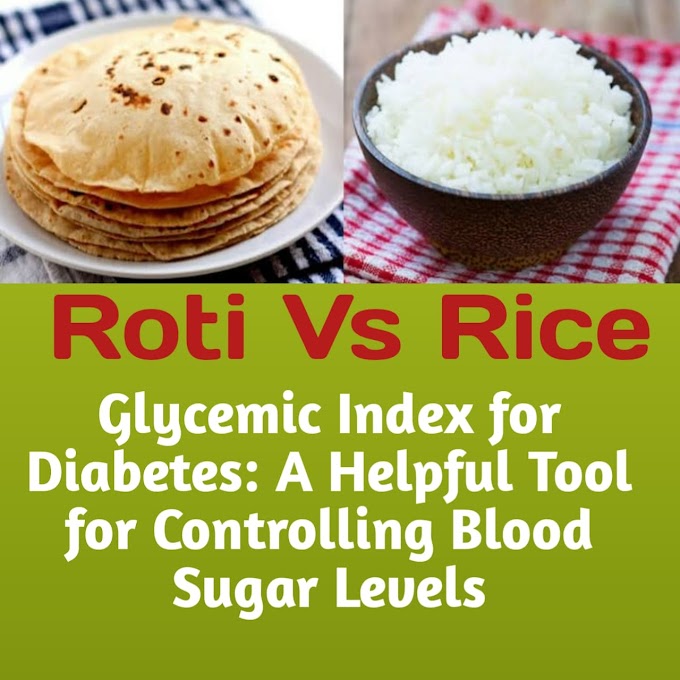How Social Media affects on Mental Health?
Impact of Social Media on Youth Mental Health:
The advent of social media has undoubtedly revolutionized the way we communicate, share information, and connect with others. Platforms such as Facebook, Instagram, Twitter, and Snapchat have become integral parts of many people's daily lives. While social media offers various benefits and opportunities, it also has a significant impact on mental health.
Negative Impact: Loneliness, Depression, and Anxiety
One of the primary concerns regarding social media's influence on mental well-being is its potential to contribute to feelings of loneliness, depression, and anxiety. While these platforms provide a means of staying connected with others, they can also exacerbate social isolation. Users may compare their lives and achievements to carefully curated highlight reels of others, leading to feelings of inadequacy and self-doubt. This phenomenon, commonly referred to as "social media envy" or "FOMO" (fear of missing out), can take a toll on one's mental health and self-esteem.
Negative Impact: Cyberbullying and Online Harassment
Another way in which social media affects mental health is through cyberbullying and online harassment. The anonymous nature of the internet can embolden individuals to engage in aggressive behavior, leading to psychological distress for the victims. The constant exposure to negative comments, hate speech, and personal attacks can have severe consequences, including anxiety, depression, and even suicidal ideation.
Negative Impact: Sleep Disruption and Decreased Well-being
Additionally, social media can disrupt sleep patterns and contribute to a decrease in overall well-being. The addictive nature of these platforms, combined with the endless scrolling and constant notifications, can lead to sleep deprivation and a decline in mental and physical health. Lack of quality sleep has been linked to mood disorders, impaired cognitive function, and a compromised immune system.
Moreover, social media has been associated with the phenomenon of "digital detoxification." Many individuals find themselves overwhelmed by the constant stream of information and the pressure to always be connected. This can lead to increased stress levels and a decrease in the ability to focus and concentrate. Taking regular breaks from social media and establishing healthier boundaries with technology has become essential for maintaining mental well-being.
Positive Impact: Support and Community Building
On the other hand, it's important to acknowledge that social media can also have positive effects on mental health. It can serve as a platform for support and community building, especially for individuals facing challenges such as chronic illnesses, mental health disorders, or marginalized communities. Social media can provide access to information, resources, and peer support that may not be readily available offline.
Mitigating the Negative Impact: Individual and Platform Responsibility
To mitigate the negative impact of social media on mental health, it is crucial for individuals to be mindful of their online behaviors and consumption habits. Limiting screen time, engaging in meaningful offline activities, and cultivating real-life relationships are essential strategies for maintaining a healthy balance. Additionally, social media platforms themselves can play a role in promoting user well-being by implementing features that prioritize mental health, such as content moderation, anti-bullying measures, and tools for managing screen time.
So social media has a profound impact on mental health, both positive and negative. While it provides opportunities for connection, community, and support, it can also contribute to feelings of loneliness, comparison, and cyberbullying. It is essential for individuals, as well as social media platforms, to be aware of the potential risks and take proactive steps to prioritize mental well-being in the digital age.




0 Comments